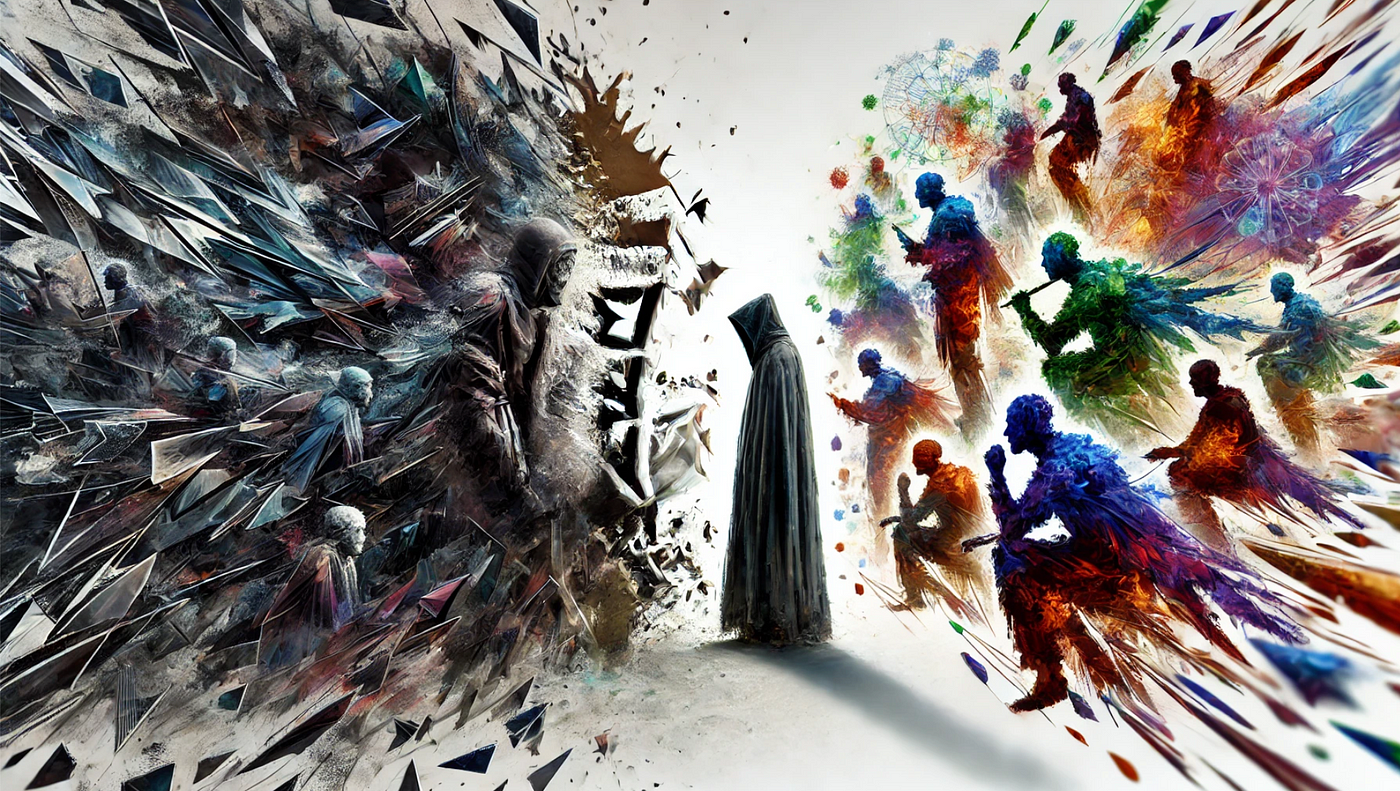The Risk of Unused Knowledge
In a country like India, where education is deeply valued and knowledge is often seen as a path to liberation, there’s a silent crisis we don’t talk about enough: the risk of unused knowledge.
Every year, millions graduate with degrees, certificates, and ambitions. But not everyone finds the opportunity — or the courage — to apply what they know. Slowly, knowledge that was once empowering becomes heavy. Insight turns into observation. Observation turns into criticism. And before we know it, the learner becomes a cynic.
From Curiosity to Critique
Have you ever met someone who is incredibly smart but always negative? They see every flaw in the system, every mistake in others, every shortcoming in every solution — but rarely offer an alternative.
This is the tragedy of unused knowledge. When people don’t use what they’ve learned to build, create, or improve something, they often end up using it to judge. And judgment, when disconnected from contribution, leads to cynicism.
Why This Happens
In our culture, knowledge is sometimes seen as an end goal — get a degree, crack an exam, clear UPSC or IIT. But real growth begins after the certificate. Knowledge is a powerful tool — a gift that, when used well, can build, heal, and illuminate. But knowledge, like any tool, must be put to use. If it is not directed toward creation, it often turns inward, becoming sharp, cold, and critical.
A person who spends their life learning but does not apply that learning may eventually grow frustrated. They see flaws, inefficiencies, and injustices everywhere — not because they care less, but because they care deeply and feel powerless. The mind, full of insight but empty of action, begins to focus on what is wrong rather than what could be made right.
When knowledge is not used to build, it is too often used to judge.
Judgment, in itself, is not evil. Discerning right from wrong is vital. But when judgment becomes habitual and disconnected from compassion or contribution, it hardens into cynicism. The cynic sees the world’s brokenness clearly, but doubts it can be fixed — or worse, doubts it’s worth fixing.
That is the quiet danger of unused potential. Knowledge demands a purpose. Without one, it feeds on itself.
Sometimes it’s fear. Sometimes lack of opportunity. But often, it’s just inertia — the habit of analysis without action.
From Cynicism to Creation
Here’s the good news: the cure is simple. Start small. Use your knowledge — not just to point out what’s wrong, but to build what’s right.
- Are you good at writing? Start a blog, share ideas, and simplify complex issues.
- Know technology? Teach someone. Build a tool. Solve a local problem.
- Understand the system? Join hands to reform it, not just tweet about it.
In India, we don’t lack knowledge. We lack the application of it at the grassroots.
Final Thought
Use your knowledge to build. Write. Teach. Mentor. Create. Organize. Solve.
However small the act, applying your insight gives it meaning. It keeps you rooted in hope rather than lost in judgment.
Creation is the antidote to cynicism.
